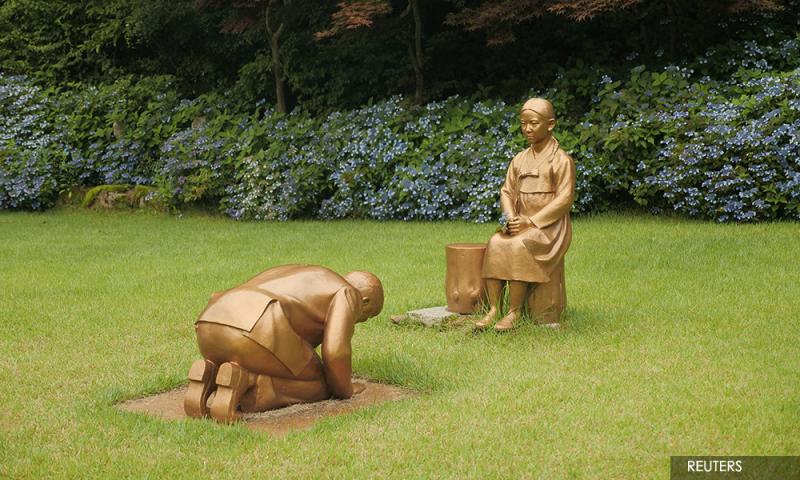LETTER | It pays for all of us to be more courteous
LETTER | One of the five principles in our national philosophy, popularly known as the Rukun Negara, is courtesy and morality.
While courtesy can be seen and felt, morality, such as being truthful, honest and reliable, are difficult to determine. Those claiming to be moral usually cover their immoral activities. If caught, they would deny or could even try to claim gross failings as a resounding success.
Such charades are best exemplified by our politicians, as their main aim is to gain power that gives them control and opportunities to indulge in corrupt practices that leave no trail, or as little as possible. The truth is, those who place popularity above all else are habitual liars.
Most of us are sick and tired of politicking, particularly the politicians who fan the emotions of citizens that allow sentiments to rule instead of the head. It is no surprise that courtesy is not promoted by uncouth politicians with supporters that are equally uncivilised.
Learning the Rukun Negara by heart reflects the quality of our education. Over the past five decades, memorising and shallow understanding have not translated the five principles into application, which is evident whenever Malaysians behave rudely, instead of being courteous.
When courtesy is lacking within families, the result is unnecessary and endless petty quarrels. Courtesy is so important that it is encapsulated in our Rukun Negara. And anyone can be successful in life by being happy and making others happy, with courtesy leading the way.
A good way to nurture Malaysians to be more courteous is to organise short training programmes. For businesses to succeed in future, they must offer more than just the standard customer service training.
Courtesy is on display all the time
This is because the level of client experience depends very much on the courtesy put in place by an organisation and shown by the staff. While customer service is only a promise until delivered, courtesy is on display all the time and can easily be rated by the friendliness of its website, responsiveness in communication, thoughtfulness of facilities offered, interaction among the staff and service delivery to customers.
Therefore, the performance, productivity and profitability of any business vary according to the level of courtesy and is reflected by its corporate culture. Courtesy is not something that can be easily switched on and off like a fake smile and the people we dislike most are hypocrites that like to pretend. Courtesy starts from within us and how we react depends more on ourselves than the action of others.
Hence, the programme must be designed to enable participants to discover who they really are and their unimagined possibilities, enhance their communication skills to interact harmoniously with everyone and empower them to unlock their full potential in both their personal and professional development. The training should be made highly interactive and fun for everyone.
While many courses lack focus and little application after training, courtesy programmes should encompass attitude, skills, knowledge, empowerment and discipline. Sharing experiences and pledging to do much better can be highly emotive sessions that could change the lives of participants forever. Such training is profound, holistic and suitable for the top management down to the most junior staff.
Those who have successfully completed training on courtesy will not only be more courteous at the workplace but also in their homes and communities. When large numbers are trained, courtesy will continue to ripple across our nation and more people will live and work in greater harmony. It certainly pays to be more courteous, individually and collectively.
The views expressed here are those of the author/contributor and do not necessarily represent the views of Malaysiakini.
RM12.50 / month
- Unlimited access to award-winning journalism
- Comment and share your opinions on all our articles
- Gift interesting stories to your friends
- Tax deductable
